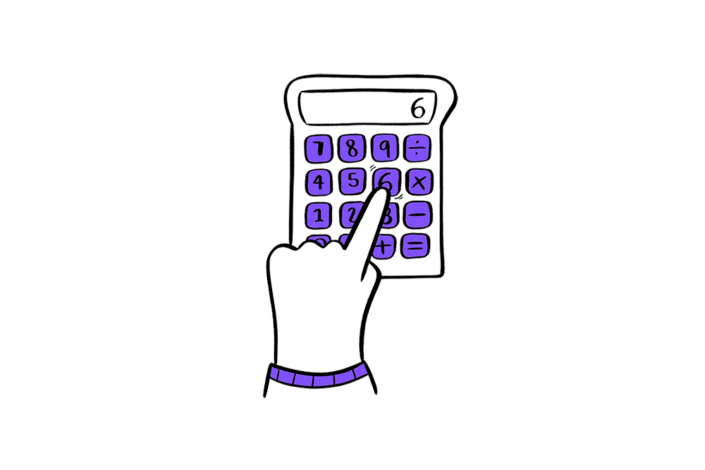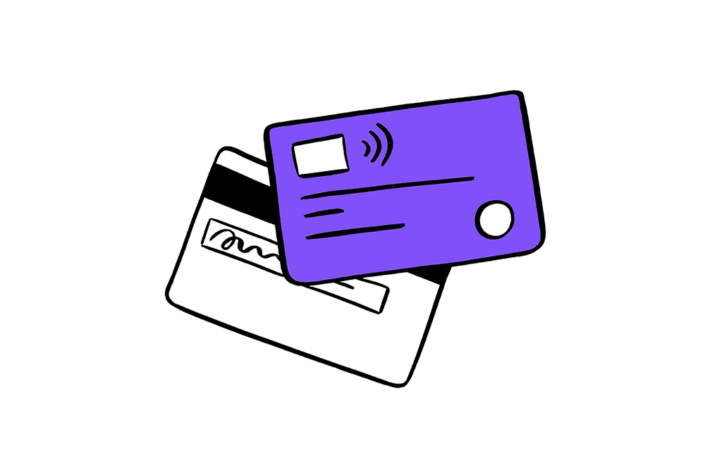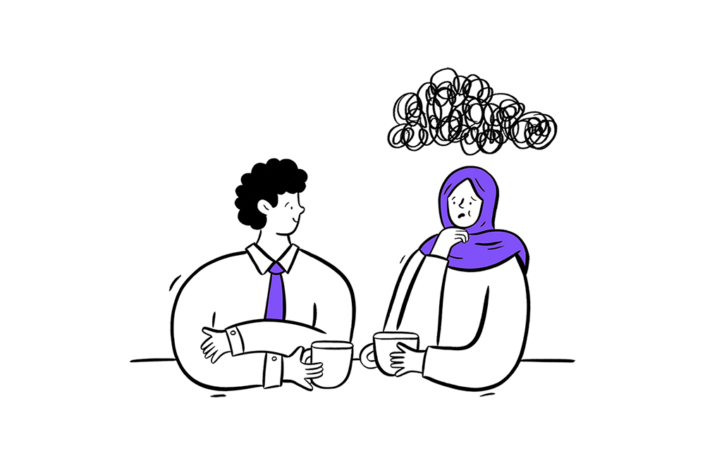If you’re in debt, here are some of the options open to you if you are based in Scotland.
Moratorium
A moratorium provides protection to people in Scotland who are under the threat of enforcement action by Sheriff Officers giving you time to consider your debt options.
Typically, you are under threat of enforcement if you have been served with a “Charge for Payment”.
Once registered, your creditors will be unable to take actions such as arrestment of your bank account or Earnings Arrestment from that date. At present, this will last up to six months.
The moratorium will not prevent actions such as eviction or repossession. Your details will be held on a public register.
You can only apply for one moratorium in a 12-month period.
More information – Moratorium – Accountant in Bankruptcy

Debt Management Plan (DMP)
A Debt Management Plan is an informal way of managing debt whereby you make reduced offers of payment to your creditors based on what you can realistically afford.
Offers are made on a pro-rata basis i.e. those owed the most, get the most. If you have little or no disposable income, you can make nominal offers of £1 per month. You can ask for interest and charges to be suspended but creditors are under no obligation to do so.
When entering into an informal arrangement with your creditors to pay reduced amounts, the original credit agreement is effectively terminated, and this will affect your credit rating.
Creditors may trigger their normal debt recovery process which usually involves issuing a default notice and transferring your accounts to debt collection, including third party debt collection agencies.
A Debt Management Plan does not prevent legal action. If a creditor were to obtain a county court judgement they could secure the debt against your share of your property.
If you have disposable income, a Debt Management Plan may be a good option if you wish to avoid a formal, legal solution.
DMPs are managed by a DMP provider who will deal with your creditors so you won’t have to.
There are plenty of free providers so you shouldn’t be paying a fee for your DMP.
As with all debt solutions you should always talk it through with a qualified money adviser to make sure it’s right for you.
More information – Debt Management Plan (Scotland) – National Debt Line

Debt Arrangement Scheme
The Debt Arrangement Scheme (DAS) is a formal way of managing your debt, making affordable repayment offers to creditors based on your disposable income.
Offers are made to your creditors through an “approved money adviser” via an online portal and if accepted, you will make one monthly payment to a payment distributor who will pro rata your payment between your creditors.
If your offer is not acceptable by creditors, the DAS Supervisor will carry out a fair and reasonable test to determine if the plan should be approved. This will take into account what you can reasonably afford to pay and the time taken to complete the plan.
The plan can be flexible and can be varied to increase / decrease payments if your circumstances change.
Whilst under the plan your creditors cannot add interest and charges to your account. Under the plan your creditors cannot take enforcement action against you. However, it will not stop actions for eviction / repossession if you owe rent / mortgage arrears.
More information – Debt Arrangement Scheme – National Debt Line

Trust Deeds
A Trust Deed is an alternative insolvency to bankruptcy which can be used to help write off some unaffordable debt.
This is a voluntary agreement between you and your creditors to pay a percentage of your debts, after fees and charges, based on your assets and disposable income.
Trust Deeds typically last four years.
You should seek independent money advice if you are considering a Trust Deed as there may be more suitable options based on your circumstances. Your assets may be at risk if your Trust Deed fails.
More information – Trust Deeds – National Debt Line

Minimal Asset Process
Minimal Asset Process (MAP) is a process of bankruptcy for people who cannot afford to make a contribution. You must meet certain criteria such as debt limits, have no assets and no disposable income.
A MAP will usually last six months at which point you will be discharged from your debts (with some exceptions).
There is usually a fee to apply for MAP but in some circumstances, if you are in receipt of certain benefits, the fee can be waived. We may also be able to help with the fee.

Bankruptcy
Bankruptcy in Scotland is also known as Sequestration. It is a solution when you are insolvent and unable to be able to repay your debts.
You can apply for your own bankruptcy if your debt has become unaffordable and you have insufficient income or assets to be able to repay, as well as meeting qualifying criteria. Your creditors can also apply to make you bankrupt under certain conditions.
In bankruptcy, a trustee will normally take control of your finances and you may need to make a contribution payment for up to four years. In some situations, your assets may be sold for the benefit of creditors.
After one year, you can be discharged and most of your debts can be written off (with some exceptions).
If you are assessed as being unable to make a contribution and have little or no assets, you may be able to apply for a Minimal Asset Process Bankruptcy, which shortens the discharge period to six months.
Please note there is usually a fee for applying for bankruptcy. We may be able to help with the fee.
More information – Sequestration – National Debt Line

How we can help and support you
Information and practical support to help you with money issues including our benefits calculator.
When money worries and mental health are connected, it can be hard to see a way through. We can help.
Related pages

Our benefits calculator will help you find out what benefits you can claim
Information and support to help you through legal issues. Includes three calls with a legal professional.


